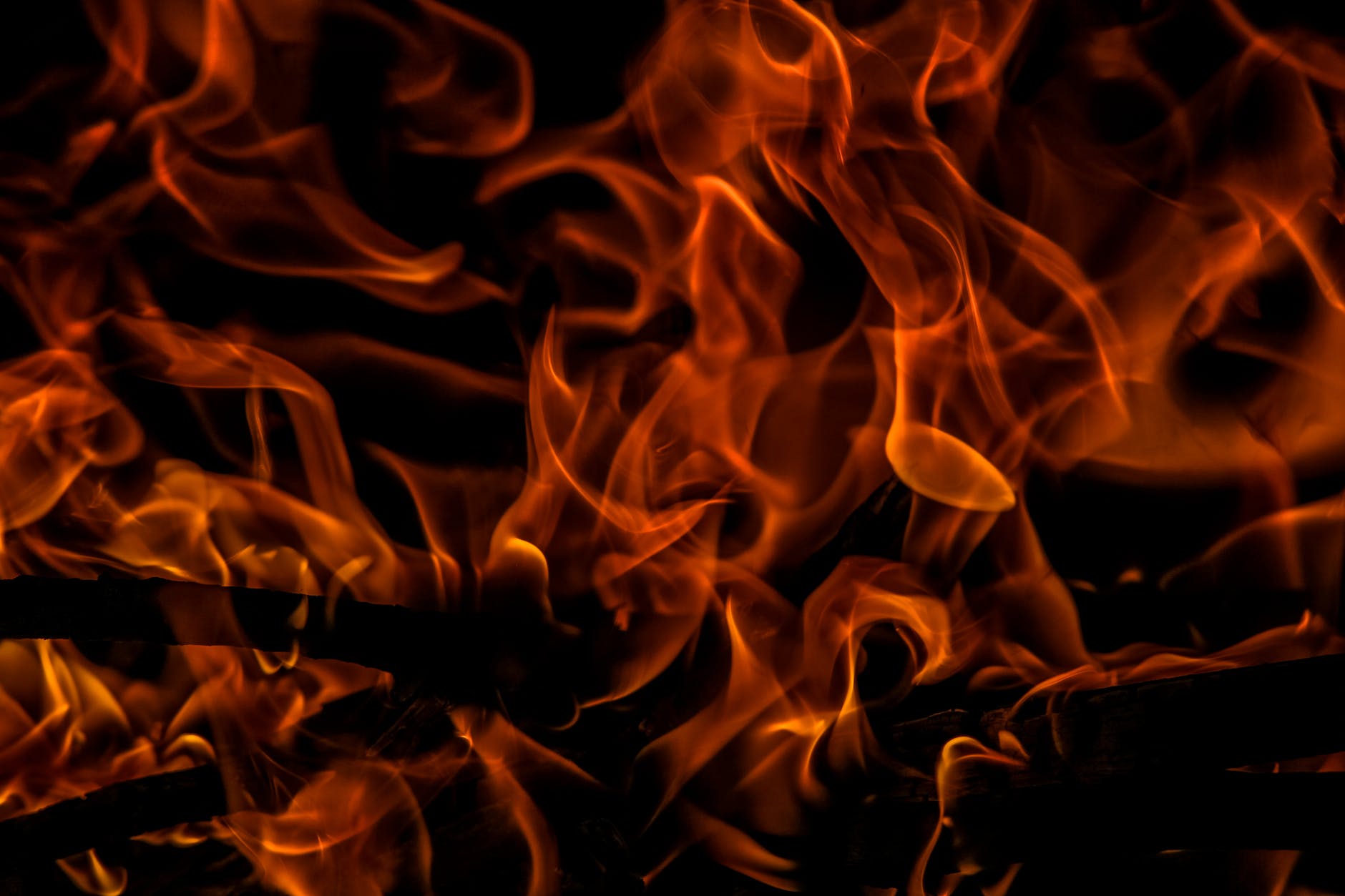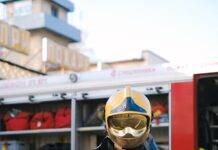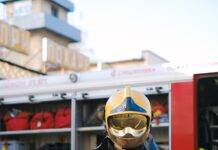
Basic Principles of Fire
What is Principle of Fire ?
Basic Principles of Fire : To protect any organization from dangers like fire, it is necessary to know about the principle of fire. Unless you know about it, you will not be able to find the causative agent of fire in the workplace.
“Fire is a potential hazard that can affect to life and property.”
Whenever there is an arson, there is some reason behind it, which causes damage to life and property.
When we work in an organization, we are given training to avoid fire and we are also made aware to be alert.
But we do not work or do it in an organization where people are not aware of fire, then there is a possibility of loss of life and property after fire at such places. Therefore, wherever we live, we need to be alert about fire.
During summer, we come to know about fires in remote areas of villages through newspapers or television, which destroys millions of crores.
If we go to the place where the fire has started, then we will find that the fire has started due to not being aware of the fire. That is why it is necessary to bring awareness about it, then we can go somewhere and put an end to the causes of fire.
Principle of Fire Example
Here we will know about the causes of some such fires, which are not only nearby, but if you are working in any organization, then it happens in the main causes of fire. Which are the following-
1. Electrical Fault
If the causes of fire in any institution or houses are known, then the first reason is electrical fault. Because when an electrical fault occurs, a spark comes out and if there is any kind of flammable material around it then it becomes the cause of fire.
2. Smoker’s Storage of Material
If there is no arrangement of smoking box inside the institute, then after smoking, the remainder is not thrown in the box and dropped anywhere, then it can become the cause of fire.
If a smoking place has been fixed in an institution, then it is mandatory to have smoke storage there, otherwise the possibility of fire becomes strong.
3. Unsafe Storage of Material
Any flammable material, if not kept in a safe place, can come in contact with the source of ignition at any time which can cause fire. Therefore, whenever any flammable material is being kept somewhere, then all those possibilities should be looked into which can cause fire.
Whenever the material which is being stored, it has to be seen that it has not been stored in an unsafe place which is expressing the possibility of fire. Material stored in an unsafe place can harm your life and property.
4. Hot Works
Wherever hot works take place inside the industry, the possibility of fire is highest, because whenever hot work is done, if the spatter coming out of it comes in contact with any flammable material, it can cause fire.
At a place where Welding, Gas cutting, Grinding etc. is being done then it has to be seen whether there is proper housekeeping at that work place or not. And there it is also to be seen that there is no flammable material around.
If combustible material is available, it should be removed from there, that is, kept at least 10 meters away from the place of work.
Wherever the hot work is being done, there should be sufficient quantity of fire fighting equipment to control the fire, which can be used in the time of emergency.
5. Misuse of Electrical Equipment
While using electrical equipment, it is necessary to see that it is not being misused. If it is being misused then it can cause a fire.
For example, if any electronic device is being used more than capacity or more load is being given on it, then after heating it may catch fire or spark. And if there is any kind of flammable material then fire can happen.
6. Oil Gas and Heating Equipment
In the place where oil and gas is stored, then all possible sources of ignition at such a place should be eliminated and as many resources as possible for fire fighting at such place should be available at that place.
As for heating equipment, all flammable materials should be removed wherever it is available; any flammable material that comes into contact with the heated equipment is sure to be there.
7. Portable Heaters
We start using it easily anywhere, but it mostly proves to be fatal. While using it, attention has to be paid to whether there is any flammable material nearby, if it is, then first it should be shifted somewhere and then it should be used after that.
8. Use of Flammable Liquids or Gases
In a place where there is a possibility of source of ignition, flammable liquids or gases should never be used at that place. Because it is a highly flammable material which starts burning rapidly after coming in contact with a spark. And it can put our life and property in danger.
9. Mechanical Heat
Mechanical heat is also an example of the principle of fire. Many times, if we give more load than required on a machine or run the machine continuously for several hours, then it gets hot on the go and spatter starts coming out through the silencer which can prove to be fatal.
Due to any kind of technical fault in the machine, if there is friction or due to some reason the bus starts sparking and there is some flammable material nearby or fuel is leaking from the machine, then the possibility of fire increases.
Conclusion –
With the example of Principle of Fire, it has become clear that the main source of fire and what kind of prevention we will need in such a place will also depend on the workplace. But we have to assess the possibility of fire at the workplace and show readiness to remove it.
























